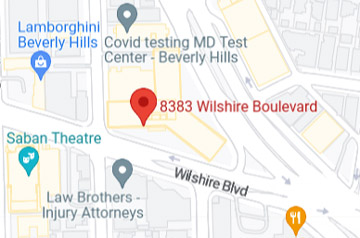Recalls can absolutely impact a California lemon law claim. The crux of any successful California lemon law claim involves defects covered by the original manufacturer’s warranty that could not be repaired after a reasonable number of attempts. Manufacturers issue recalls when they discover a defect in one of their vehicles. Thus, a recall is an acknowledgement by the manufacturer of a known product defect.
Whenever a manufacturer – or the National Highway Traffic Safety Administration – identifies a potentially widespread defect in a particular vehicle, the manufacturer will release a recall of the defective part. Once the recall is issued, the manufacturer will send written notification to each vehicle owner and lessee to advise them of the defect. The notice informs the owners of the defect and instructs them to present the vehicle to an authorized dealership for repair. When the owner presents the vehicle to the dealership, the recall is performed at no charge. Notably, open recalls are performed by dealerships each time the vehicle is presented for repair, regardless of whether the owner mentions it. In other words, even if a particular owner never received the actual recall notice, the dealership will still perform the recall.
While almost every recall helps support a California lemon law claim, the ones that have the greatest impact on a claim are those that involve the recurring defect at issue. For example, let’s assume a consumer presented her vehicle for repair of transmission defects on multiple occasions, but the repairs were unsuccessful. On each visit, the dealership simply made minor adjustments to the transmission and replaced various ancillary parts. If the manufacturer subsequently issued a recall for the transmission itself, this would significantly help her lemon law claim because the recall would essentially be an admission by the manufacturer that the transmission was defective. On the other hand, if the manufacturer subsequently issued a recall for a battery cable that is unrelated to the transmission, such a recall would not have as significant an impact on the lemon law claim because it did not involve the transmission defects at issue.








